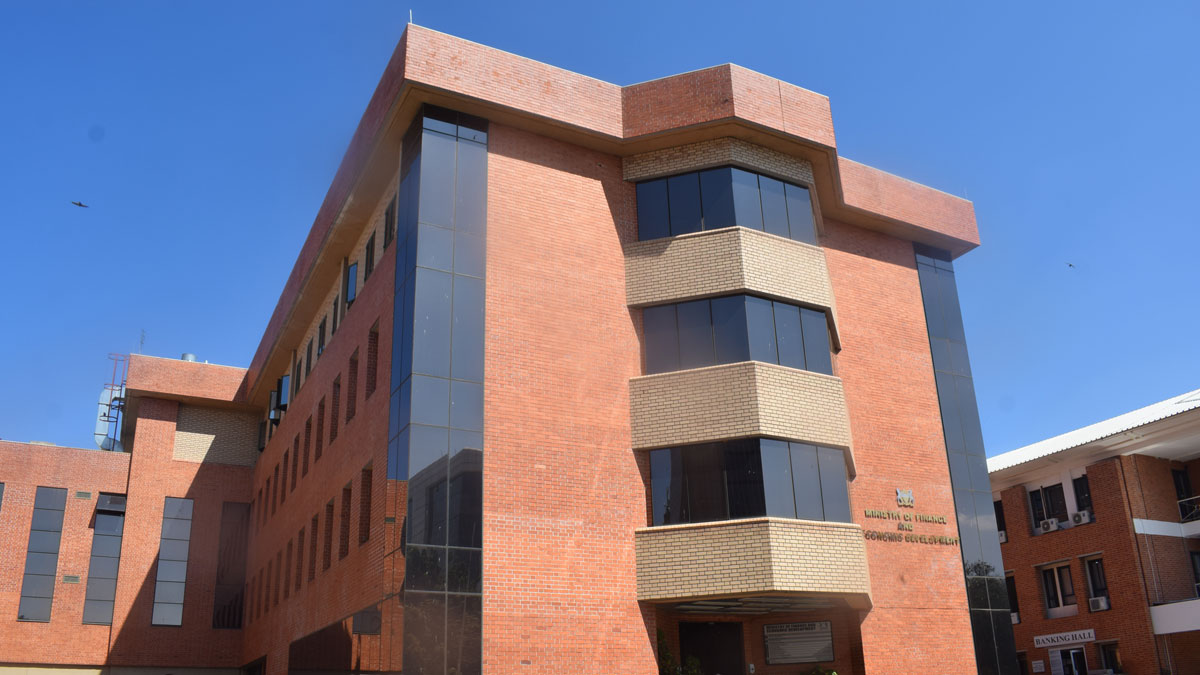The country’s economy made a significant recovery in 2022 with the mining sector in the lead, followed by the Tourism and Hospitality sector. That is why the Ministry of Finance and Development Planning projected over 4 percent growth for 2023, and another five percent for 2024.
With such positive growth, some economists hold a strong view that the biggest challenge that still remains is the mindset change to maintain the growth and move steps forward.
“Our problem is that things are not working, we are dealing with a generalised disfunction of institutions. We are throwing money at problems instead of identifying the source of those problems and dealing with them,” said Sennye Obuseng on the economic outlook for 2023.
According to Obuseng, the most disturbing is the high numbers of unemployment, high youth unemployment, and the high percentage of the youth with no hope at all – unemployed, under no form of training, and doing nothing.
He says government red-tapes in Immigration is another problem that needs to be tackled as a matter of urgency if economic growth is to be achieved in the next 12 months.
These challenges, he said, include opening borders for skilled manpower, issuance of work and residence permits on time, and some bit of panel beating of the regulatory environment, which renders the climate unfriendly for investment.
“We need to attend to the basics such Education and Health Sectors; Review our regulations, attend to our failing infrastructure, and services need to be continued. The Reset and Mindset Change should happen, and produce results,” he said.
However, other foreign hurdles continue to remain in place such as the re-emergence of new Covid-19 strains; possible recession in the European Union; war in Ukraine, and other matters that have potential to disrupt global supply chains.
Obuseng further noted that SADC countries are facing economic hardships, especially the region’s economic powerhouse, South Africa, which is grappling with challenges ranging from poor governance, organised crime, corruption and a general economic stagnation.
Meanwhile, Investment Analyst at Kgori Capital, Kitso Mokhurutshe, said the future looks promising after a recovery in the mining sector in 2022. He said the double digit growth witnessed in 2021 was a result of a dive in economic performance due to the Covid-19 pandemic the previous year.
With regard to the International Monetary Fund warning that two-thirds of the global economy are likely to fall into a recession in 2023, he said this has potential to negatively affect diamond sales and government revenues.
“If diamond sales go down, they will impact on government revenues”. He said a drop in international oil prices from USD130 per barrel to USD70 per barrel is good news for everyone.
“This will definitely affect inflation and there will be a drop in fuel and food prices probably in the early months of the year,” said Mokhurutshe. However, he was not confident that the Bank of Botswana will achieve its objective inflation target of below six percent in a short term.
He was optimistic that South African economic troubles are likely to benefit Botswana in the form of a weakening Rand, which may translate into a reduction in the cost of imports.















